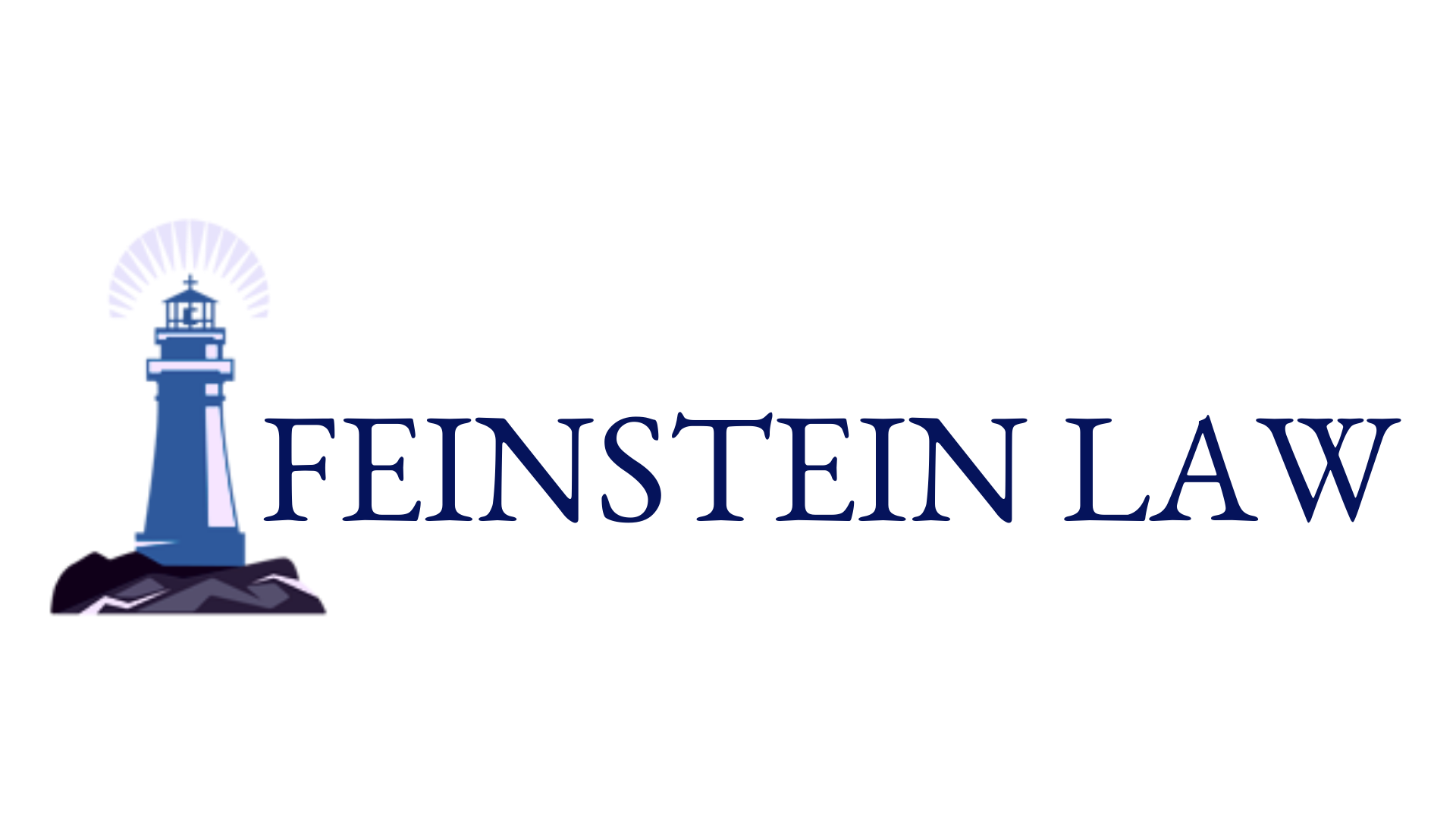“A court owes no deference to the prosecution’s interpretation of a criminal law. Criminal statutes “are for the courts, not for the Government, to construe.” Abramski v. United States, 573 U. S. ___, ___ (2014) (slip op., at 21).”
-Justice Scalia, Douglas F. Whitman v. United States, Case Number 14-29
This was the first sentence in the rare note issued by Supreme Court Justice Antonin Scalia, and whom Justice Clarence Thomas joined, on November 10, 2014 in the case Douglas F. Whitman v. United States before the Supreme Court. This case arises from the U.S. Securities and Exchange Commission’s (“SEC”) criminal prosecution under §10(b) of the Securities Exchange Act of 1934, as amended, and certiorari was denied but, not before Justice Scalia sent a message that the Supreme Court could be looking for a certain case that challenges the SEC’s power. Justice Scalia even goes as far as to essentially call out the agency in the next sentence of whether the a court owes deference to an executive agency’s interpretation of a law that is both criminal and an administrative enforcement action and enters a brief tirade about King James I and the Rule of Lenity.
So, what happened?
Douglas F. Whitman v. United States
In August 2012, a jury convicted Doug Whitman, the founder of California-based Whiteman Capital, LLC. guilty of trading on illegal insider information in Marvell Technology Group, Ltd., Google, Inc., and Polycom, Inc. The government prosecutors said they received tips that indirectly came from insiders at those companies and, through Whitman himself only had contact with intermediaries. In January of 2013, U.S. District Judge Rakoff sentenced Whitman two years in prison with one year of supervised release and a $250,000 fine. Whitman, subsequently, asked the Second Circuit to overturn his conviction based on three evidentiary issues: (1) portions of experts’ opinions, (2) an unavailable witness’s prior sworn testimony, (3) and a corroborating witness’s impression of Whitman’s state of mind. But the Second Circuit instead affirmed the conviction and Whitman petitioned the Supreme Court for definitive relief.
In Whitman’s petition for certiorari, he asserted that Judge Rakoff’s ruling on the three evidentiary issues were critical to the course and outcome of his trial, and that the Second Circuit’s holding on those issues are against other circuits’ and Supreme Court precedent. Additionally, Whitman cited to Judge Rakoff’s refusal to admit “critical exculpatory evidence” in the form of sworn testimony by Polycom insider Sunil Bhalla. Bhalla provided the SEC with sworn testimony before Whitman’s trial but at trial, Bhalla, citing his Fifth Amendment privilege, refused to testify. Bhalla had testified to the SEC that he did not have any knowledge of Whitman receiving insider information and did not provide government cooperator Roomy Khan any nonpublic material information, according to Whitman’s certiorari petition. Judge Rakoff declined to admit the testimony on the theory that the SEC’s motives were investigatory in nature and, by contract, to the U.S. Attorney’s prosecutorial motives.
On Monday, the Supreme Court denied review on the grounds for which Whitman’s petitioned the court, which had to do with whether inside information received was a casual factor in the trading, amongst other issues. But, in denying the review Justice Scalia, with Justice Thomas’ backing, wrote a scathing review about the power of the administrative agency and calls into question if the SEC has the power to determine criminal action under the Rule of Lenity; Lenity requires interpreters to resolve ambiguity in criminal laws in favor of defendants. However, the denial of certiorari still stands and the SEC’s interpretation of the antifraud provisions under §10(b) of the Securities Exchange Act of 1934 are good law, at least for now.
The Take Away
Judge Rakoff himself has called into question the SEC’s use of in-house judges for prosecutions and now the Supreme Court puts the world on notice that it potentially has an issue with how the SEC interprets criminal actions in federal courts around the country (as opposed to in-house administrative process that Judge Rakoff spoke out against). This could mean only one thing, expect within the next year or two for a Supreme Court case to challenge the authority of the SEC to prosecute alleged criminal action in both the federal court system and its own in-house administrative process.
If you enjoyed and/or found this article informative, please “like” or share this on your social media sites. Thank you.
This securities law blog post about SCOTUS is provided as a general informational service to clients and friends of Feinstein Law, PA and should not be construed as, and does not constitute, legal and compliance advice on any specific matter, nor does this message create an attorney-client relationship. © Feinstein Law, PA, 2014.
For more information concerning the rules and regulations affecting the going public direct transactions, direct public offerings, or dual listing, please contact Feinstein Law, PA at (619) 990-7491 or by email at Todd@Feinsteinlawfirm.com or JDunsmoor@Feinsteinlawfirm.com. Please note that the prior results discussed herein do not guarantee similar outcomes. Todd Feinstein is admitted in Florida and Jonathan Dunsmoor is admitted in New York.

